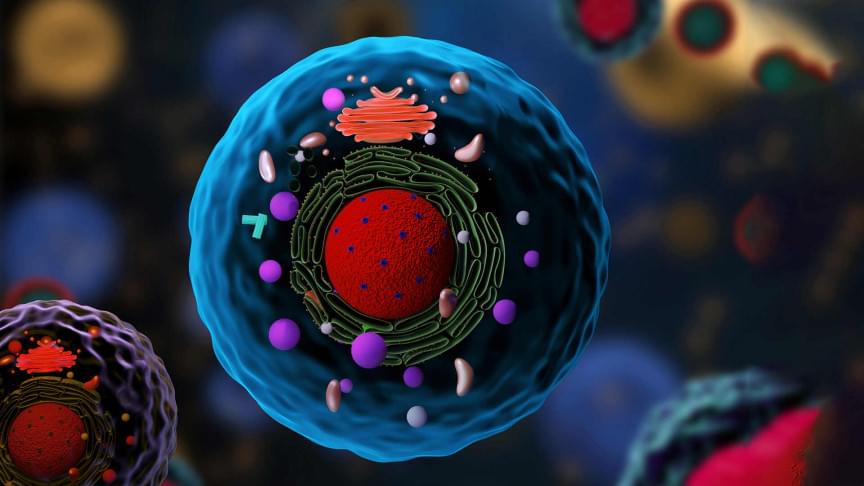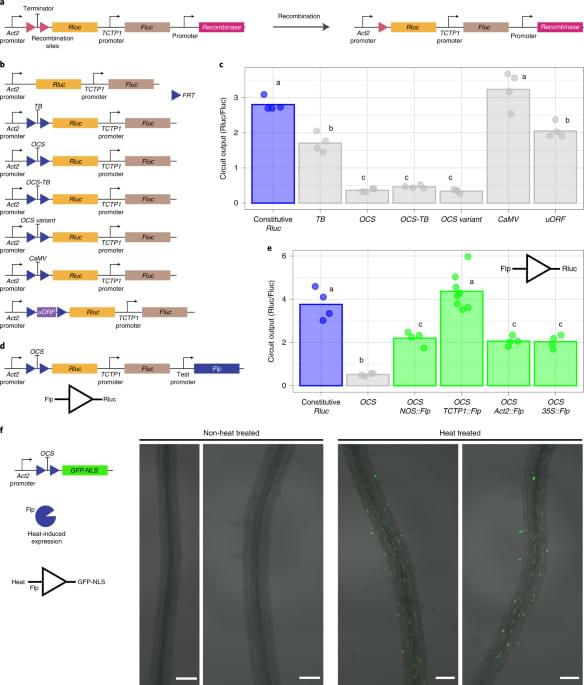NLM’s NCBI is introducing the Comparative Genome Viewer (CGV), an easy-to-use visualization tool that helps you quickly compare eukaryotic genome assemblies and easily identify genomic changes that may be significant to biology and evolution. With the new CGV you can view and compare the alignment between two assemblies to see differences in genomic sequence and structure, including deletions, inversions, and translocations. Currently, you can compare assemblies from over 50 annotated animal and plant genomes.







